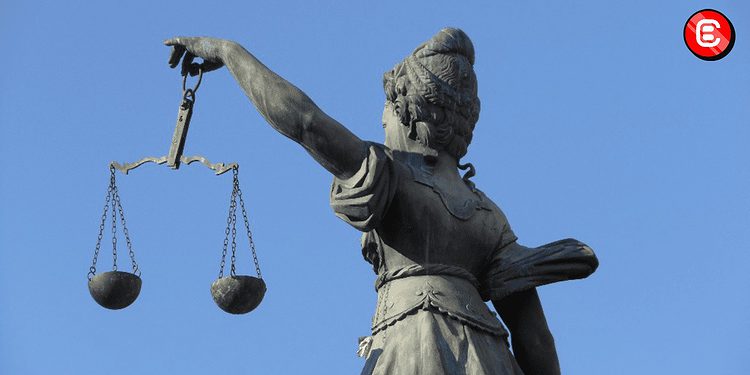Article contributed by Richard Paxton. Follow them on Medium here.
Image Credit: Michael Coghlan
Take, for example, the business of decentralized finance and the US government’s attempts to regulate its crypto currencies like bitcoin or ethereum, and crypto currency-based products, such as NFTs — the description fits like a soft, leather glove. Month after month both sides advance and retreat, advance and retreat.
Case in point, a crypto advocacy group named Coin Center recently filed suit against the US Treasury, rightly challenging a recent tax rule recently instituted by the White House that was designed to curb money laundering, but which Coin Center argues is unconstitutional. Is it? In my opinion, yes. Worse, this tax code amendment is an invasion of our privacy that could lead to widespread identity theft. Starting in 2024, U.S. taxpayers who receive over $10,000 in crypto currency payment will be forced to report to the Treasury the social security number and birth date of the sender.
This is new and somewhat scary territory and part of the reason I am still on the fence in regards to making any crypto related investment moves. From a business and personal standpoint I am all for regulating crypto in an effort to curb the rampant money laundering activity taking place with crypto. It would make all digital investments safer and more legit. That being said, no government regulation should ever require its citizens to spy on each other to the point where it puts everyone at risk of identity theft. If we continue down this path identity thief bots will become a fixture in our future. Societal trust will collapse.
According to a Coin Center press release, the Treasury’s tax code amendment is an overreach and violates Americans’ constitutional rights to financial privacy by forcing its citizens to spy on each other without a warrant. Regardless of how much security we, as investors, want in built-in to a market before committing our money (and therefore influence) to it, we cannot sacrifice our personal liberties to make it happen. That is not the American way. The American way, as Coin Center points out in its release, is to litigate it.
New to trading? Try crypto trading bots or copy trading
“…there is one provision in the infrastructure bill that is unconstitutional on its face and that simply can’t be fixed through regulation. It is the so-called 6050I amendment, and it will require individuals and businesses who receive $10,000 or more in crypto to report to the government not just the name of who sent them the funds, but that person’s date of birth and Social Security number as well.
Are you an artist who sells a painting or an NFT for $15K? You have to file a form informing the government on your client’s personal information. Are you a nonprofit who receives anonymous donations for your humanitarian work? No longer. You may have to give the government a list of your donors. This is an affront to our civil liberties that must be challenged the only way they can at this point: in court.”
Coin Center could have gone on with that scary thought to include anyone who gives speeches or lectures, anyone who gets paid to sit on a board, security personnel who guard rich and/or famous people, and on and on. In the physical world that becomes a logistical nightmare for some and not for others, but in the metaverse that exercise seems akin to a mouse chasing its tail. How is the professional eBay seller, for example, going to get a (real) social security number from someone buying an expensive item from them who only wants to pay using Bitcoin?
On the flip side, if I buy some property in Decentraland I have to give the seller of that property my social security number and birth date? Are you kidding me? Immediately, I am a bit more worried about the safety of my identity than the loss of my personal liberties or my neighbours spying on me. Any average identity thief can steal anyone’s identity provided they have a legit social security number and a birth date to work with. This is more than government overreach — it is irresponsible governance over the safety of its citizens.
There are too many people in this world today, and as a result, too many crooks and criminals among us who make a living stealing our identities. Identity theft has been a multi-billion dollar problem for over 20 years now and its growth curve through the technological revolution has risen in step with the crime of money laundering. These people float in our midst and often get away with their crimes and something must be done about it. I won’t invest in digital currency until it is safe to do so and without fear of losing my money and/or my identity. In my opinion, Coin Center is doing the right thing in challenging the Treasury on its 60501 Amendment to the Tax Code, and should be admired for its bravery.






